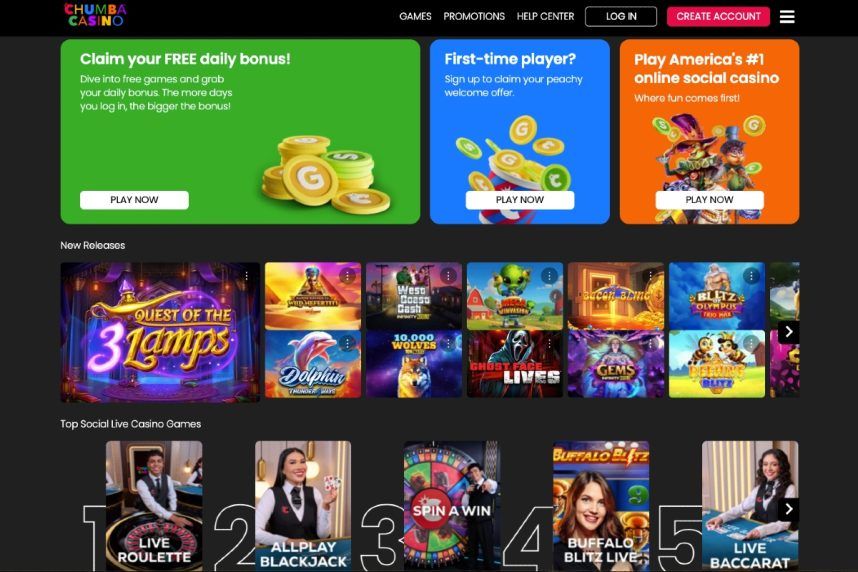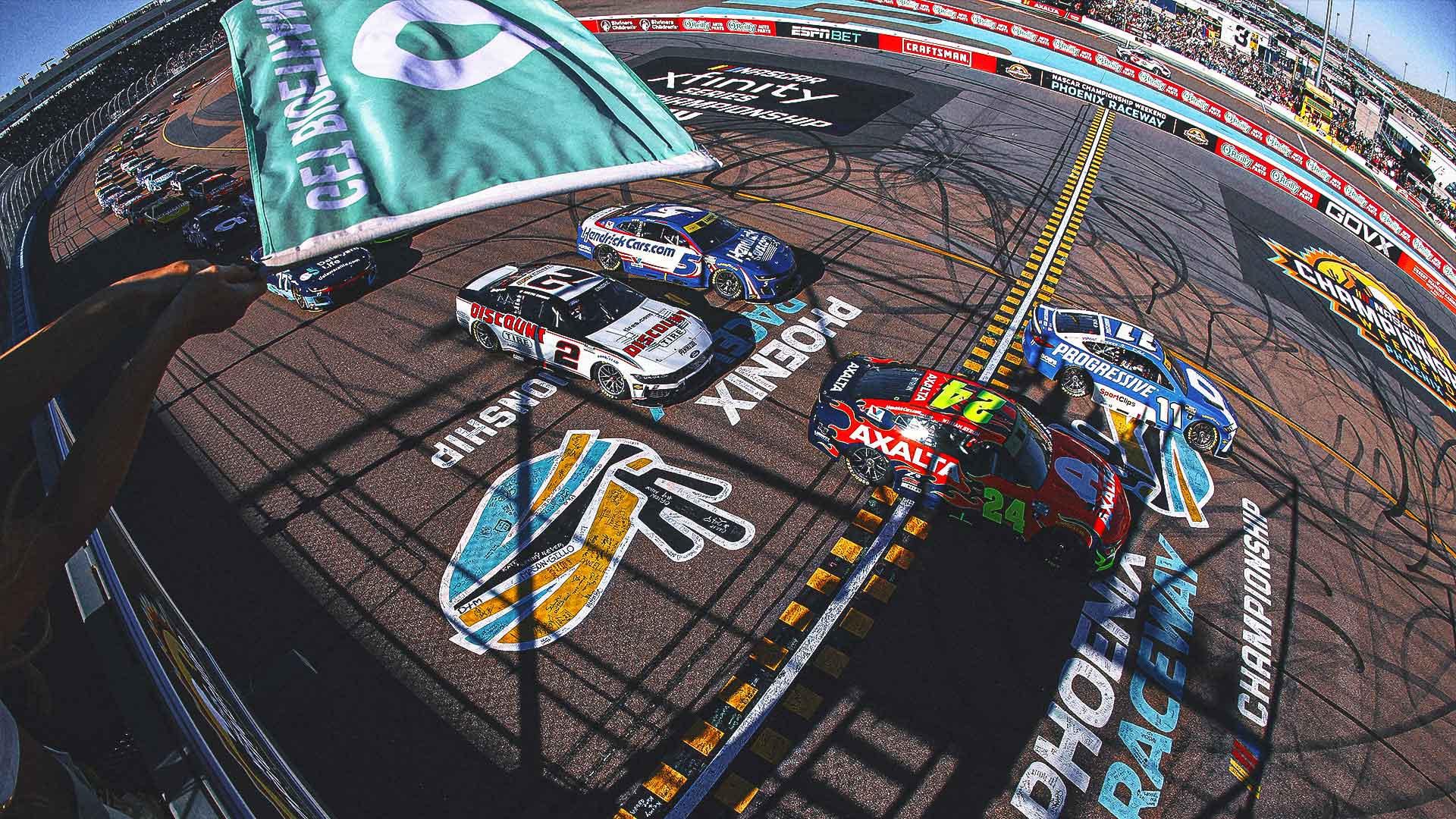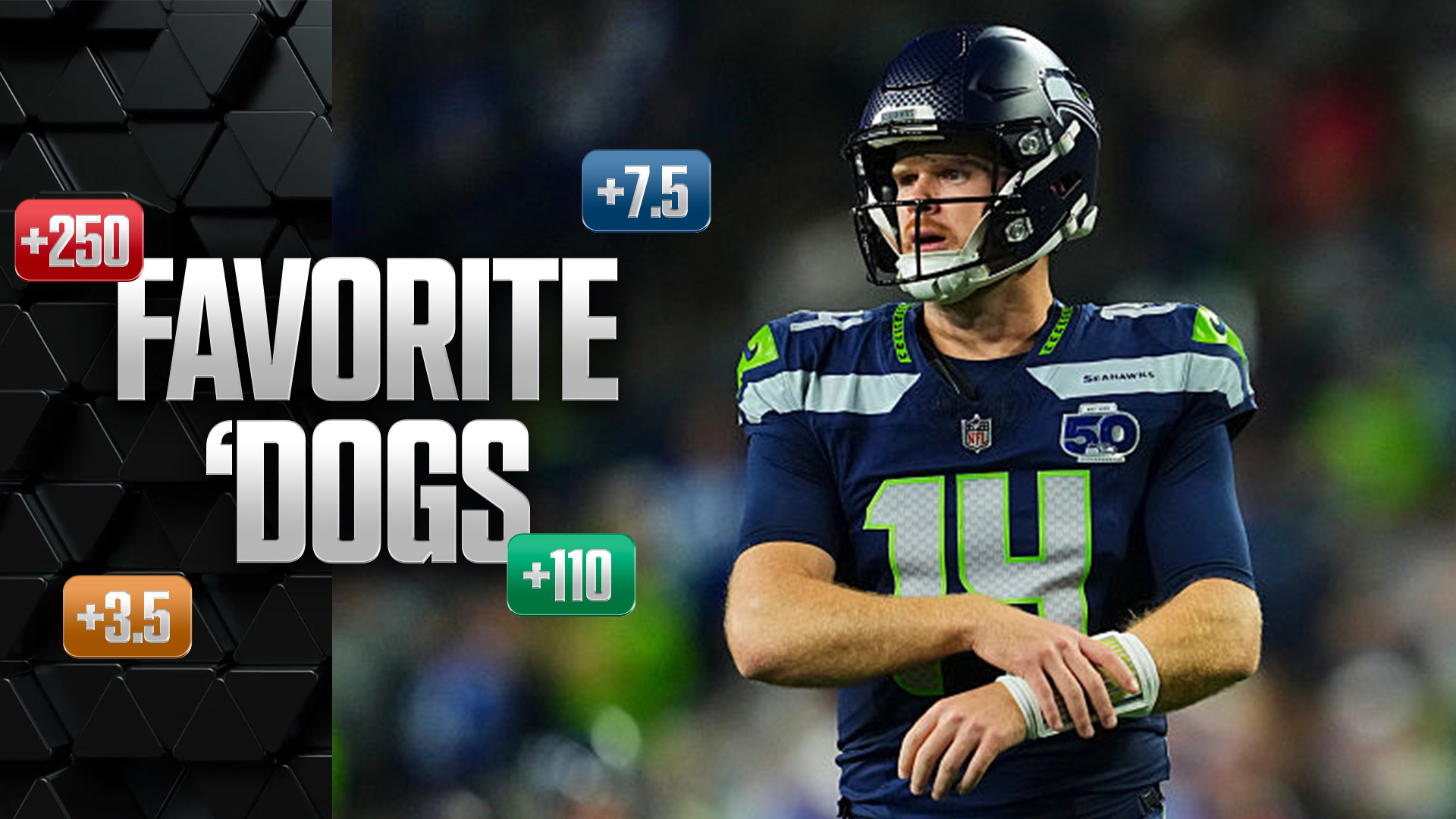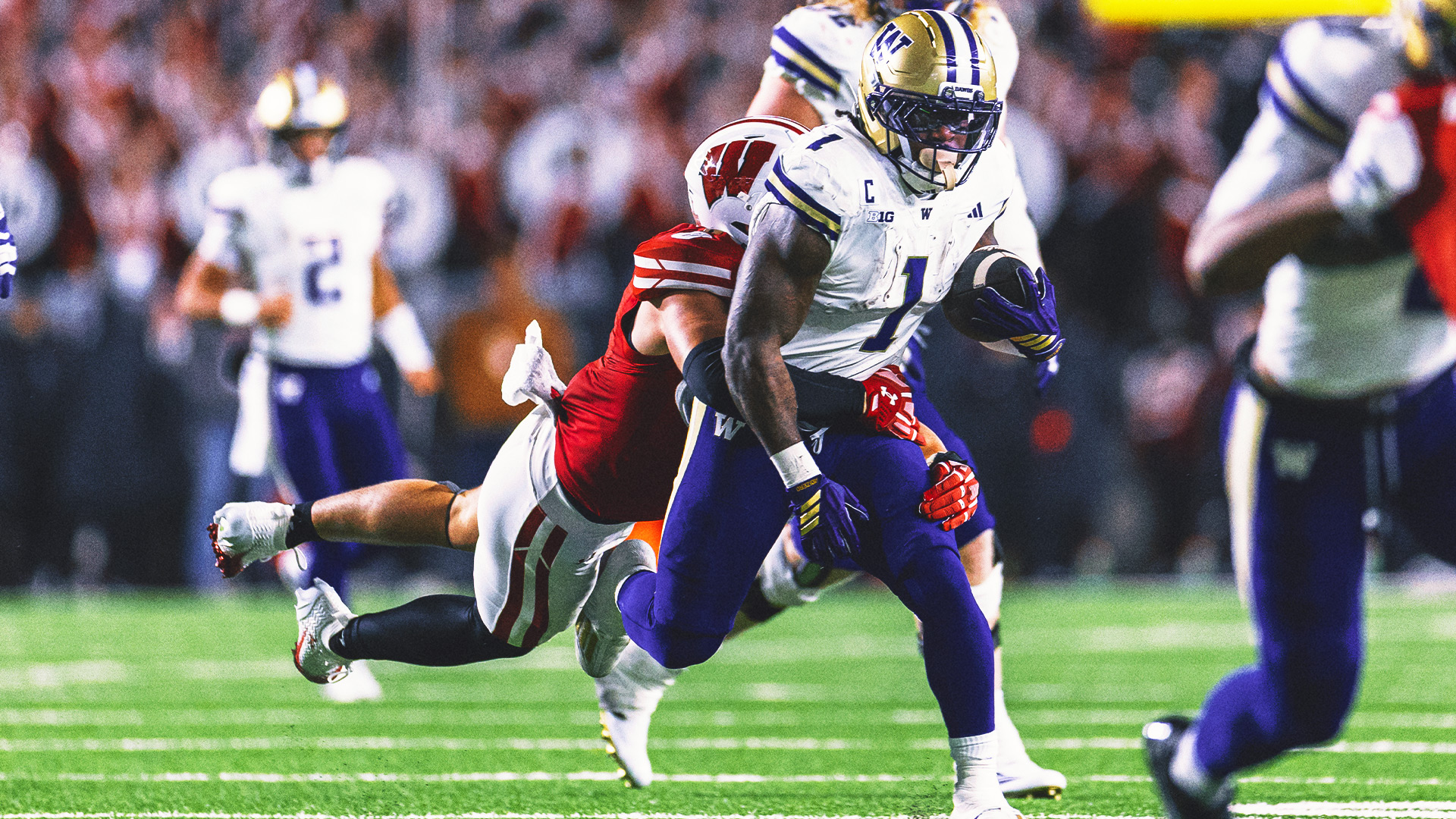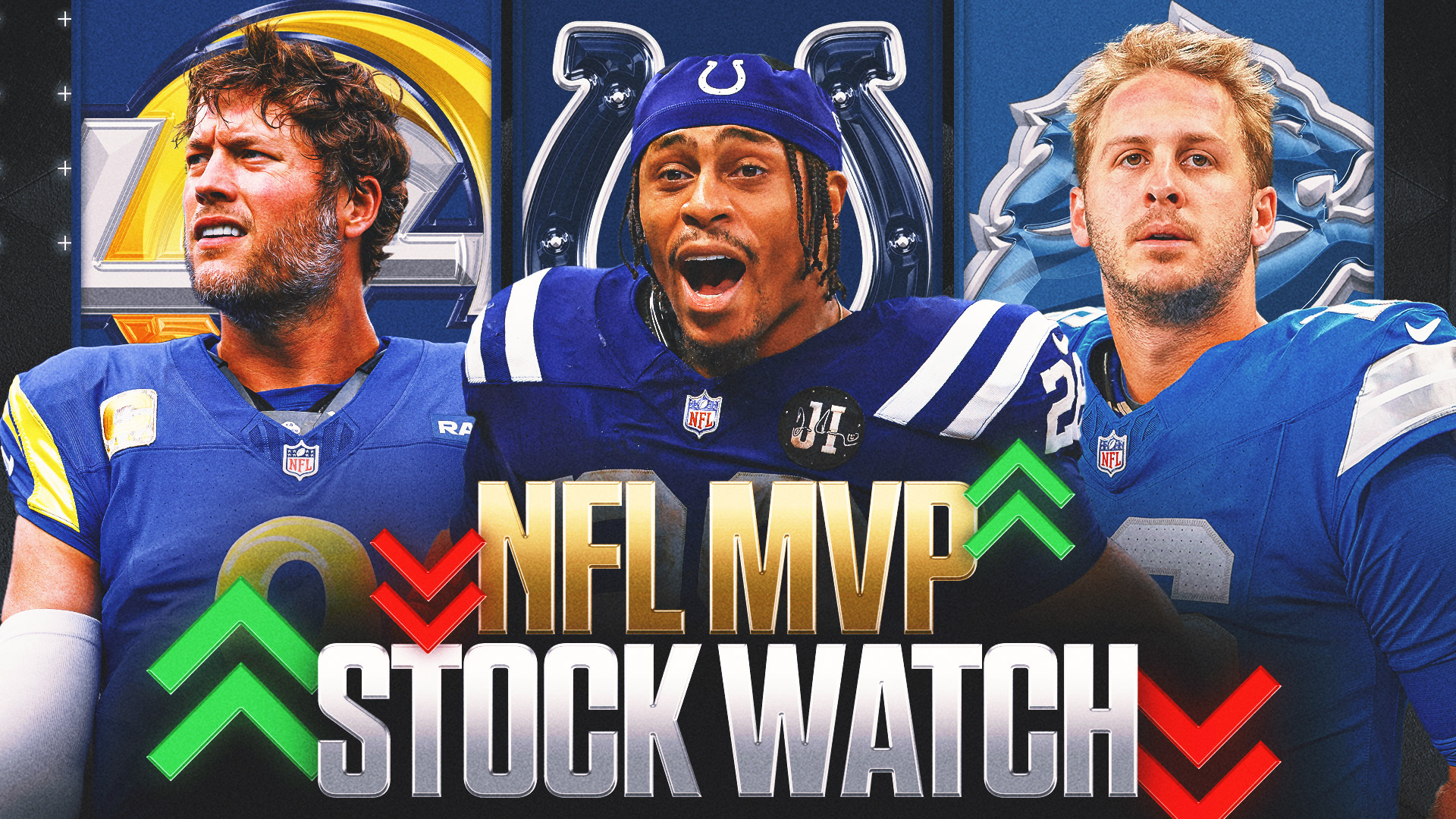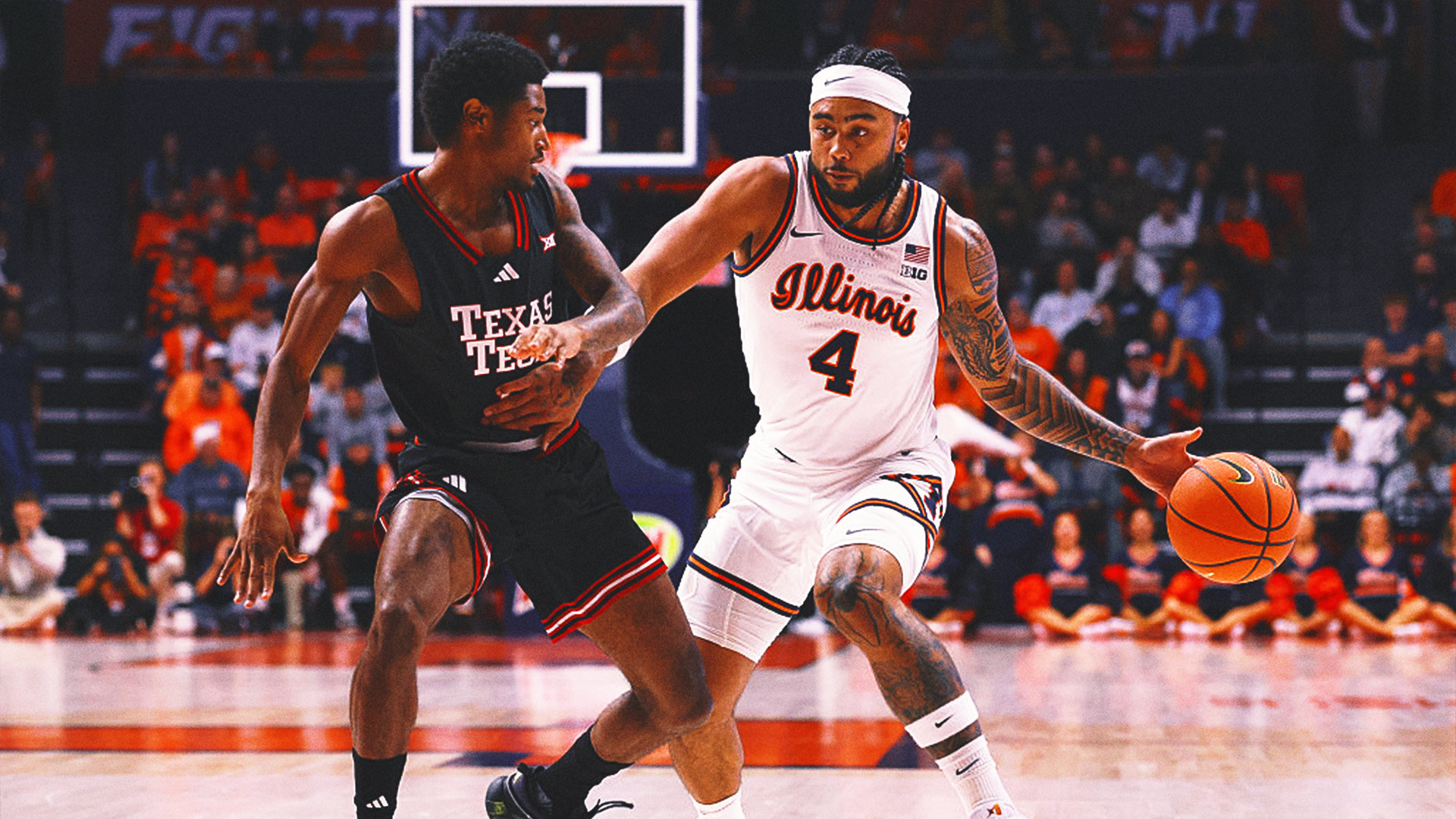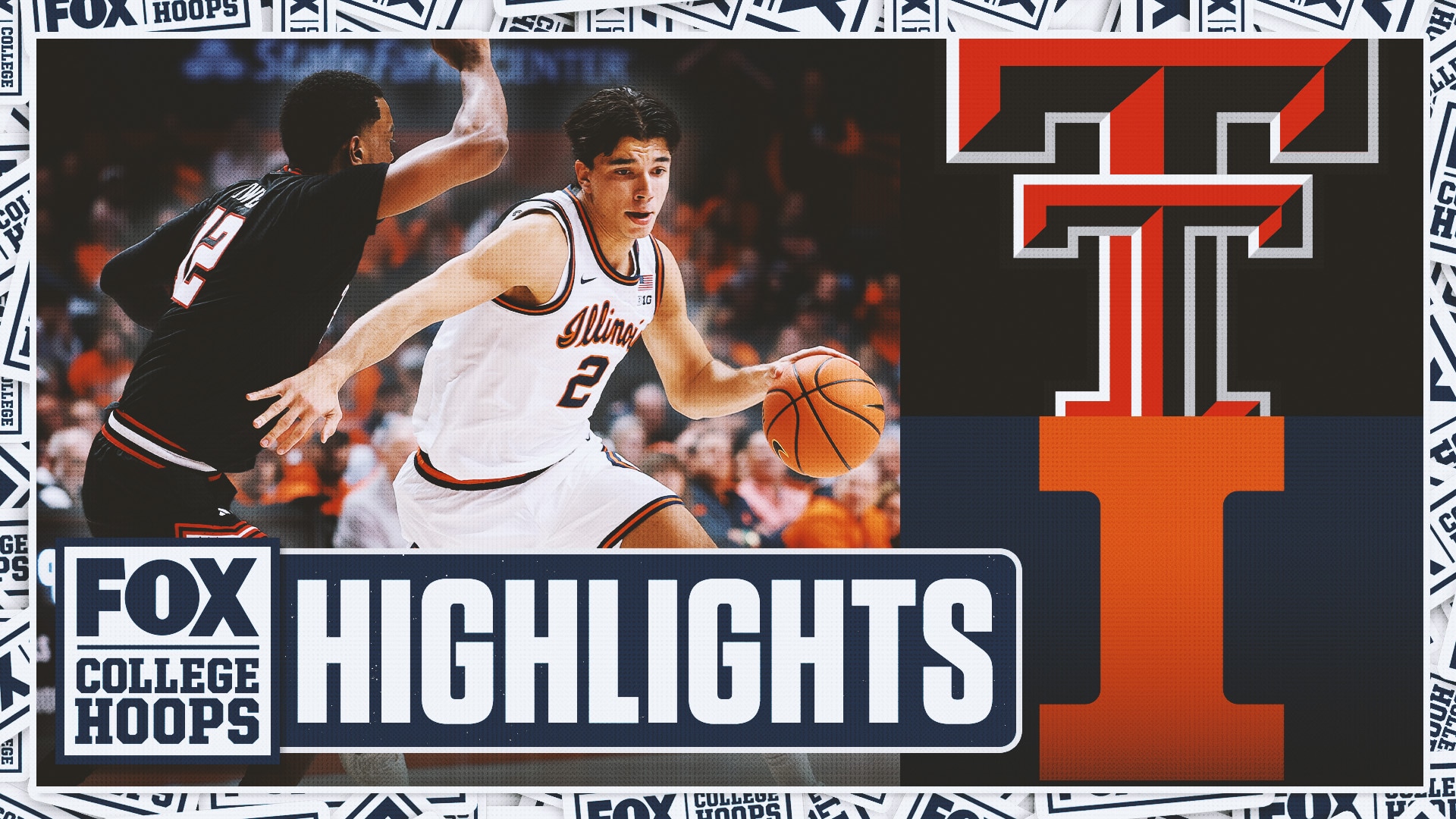As a Pennsylvania-based online gambler, I have received a steady stream of messages in recent weeks, both in the form of emails from sites where I play and of pop-ups when I open my apps, all imploring me to join the fight against an increase in gambling taxes in my state.
Most recently, last Friday, an email hit my inbox from the Sports Betting Alliance (SBA), a group made up of several of the most prominent online operators, expressing the following (bolds and capitalizations theirs):
“Online sports betting taxes could jump from 36% to 54%, and taxes on online poker/table games could DOUBLE — making Pennsylvania the most expensive online gaming state in the country.
“It’s simple: this is a tax on YOU. That means fewer promotions, less innovation, and a worse betting experience.”
The SBA is being proactive in Pennsylvania, after being caught flat-footed earlier this year in Illinois, when that state added a tax on every sports wager placed — an idea so ludicrously onerous that industry insiders didn’t take it seriously until it was too late. So the organization is fighting the good fight in the Keystone State, with the knowledge that, in Illinois, operators were left with no choice but to establish minimum wager amounts or tack customer fees onto each wager placed in order to keep their businesses financially viable.
There is, however, one major difference between Illinois and Pennsylvania, and it’s pointed toward in that SBA email, where the messaging calls attention to “online poker/table games.”
Where I live, real-money iCasino is legal and regulated. In Illinois it is not. If Illinois is going to use online gambling to address its budget shortfall, and if the state’s legislators are not going to get on board with a push to legalize iCasino, sports betting is the only place it can aim its tax-siphoning tractor beams.
In Pennsylvania, sports betting isn’t the only option for a tax increase. And anyone with the slightest understanding of math can see that sports betting would be the most foolish possible option for a tax increase.
The financial figures aren’t close
For Fiscal Year 2025/26, we have three months of data so far from Pennsylvania about how its gaming industry is performing. The numbers are generally in line with the previous several fiscal years, and they tell a clear story: Online casino is where the money is.
In July, August, and September combined this year, the state taxes collected from online casino games add up to $204.5 million. That includes $182.8 million from online slots, which are taxed at 34% of revenue; $20.7 million from online table games, which are taxed at 14% of revenue; and almost exactly $1 million from online poker, which is also taxed at 14%.
Those numbers are separate from other fees and taxes operators are required to pay, including local share assessments and county grants. We’re just looking at the state taxes here. Again, that’s $204.5 million in three months — on pace for $818 million in the fiscal year.
And how much has the state collected this fiscal year in taxes on online sports betting, which, like online slots, is taxed at 34% of revenue, accompanied by a 2% local share assessment?
That number is $36.6 million.
Extrapolated over a full year, that would be $146.4 million.
That’s not nothing. It’s a meaningful contribution to the state, helping fund all sorts of vital programs and, basically, helping keep the lights on.
But it’s about $670 million less than the tax revenue generated by online casinos in a year.
We can save for another time and place any discussion of the boat that is being missed by Illinois and the 42 other states that haven’t legalized online casino and thus are collecting zero taxes from the activity.
In this article, the focus is on Pennsylvania. And it’s blatantly obvious: A barely noticeable, incremental increase in the taxes on online casino revenue would generate as much money for the state as a massive, industry-crushing increase in the taxes on sports betting.
Does the house always win?
From an operator’s perspective, casino and sports betting are very different offerings. Over the long term, the house is at no risk of losing in the casino vertical. The games and their algorithms are designed to return a certain percentage to the player that is always lower than 100%, guaranteeing that the games are profitable to operate.
Even if an operator has an occasional player-friendly, positive-expected-value offering in the form of a particular online casino promotion, the operator can control the availability of those to make sure the collective customer base does not have the edge.
Sports betting isn’t like that. While it doesn’t happen often — at least at bigger books with a high volume of wagers — it is always possible for a sportsbook to have a losing month.
And that’s part of why an increase in Pennsylvania sports betting taxes would all but force the operators to make the prices worse for customers.
Not so with online casino. Sure, operators don’t want to pay more in taxes. But if you bump the state tax on online slots from 34% to, say, 38%, it doesn’t alter their ability to be profitable. It doesn’t mean they need to nix all their promos and bonuses. If you raise the online table games tax from 14% to, say, 18%, it doesn’t mean the house will have to start paying 6:5 on two-card blackjacks instead of 3:2.
FanDuel Casino made more than $66 million in online casino revenue in Pennsylvania in the month of September before accounting for taxes.
Taxes hacked away about $30 million of that. I’m sure FanDuel isn’t thrilled to hand over that money.
But if FanDuel pays an extra $3 million or so in online casino taxes each month, it doesn’t fundamentally shift how the iCasino treats its customers. The people running FanDuel Casino would still know they’re guaranteed to be profitable every month in Pennsylvania. They may choose to reduce their bonuses and promos or dial down the RTPs (return-to-player) on their games slightly, but they wouldn’t need to, not on account of a modest increase.
(The SBA email does mention that online table game taxes could “DOUBLE,” and yes, that would shake up the snow globe somewhat if true, but nobody has actually seen the Pennsylvania proposals yet, so a doubling of tax rates is just some worst-case-scenario speculation.)
Tax the skills, pay the bills
There is one other solution to consider for Pennsylvania’s budget — one that is being strongly considered, according to reporting last week from my colleague Jill R. Dorson. That idea is to bring what are currently gray-market “skill games” — essentially a type of slot machine operated outside casinos — into the regulated market.
One variety of those, truck-stop VGTs (video gaming terminals), is already taxed at 42% to the state, but VGTs represent only a small portion of skill games and have paid just $4.4 million in state taxes through the first three months of the fiscal year.
Dorson’s sources spoke of a proposal to bring another 40,000 machines at bars and taverns into the regulatory structure and tax them similarly to land-based casino slot machines.
It’s all so obvious when you look at the numbers. Pennsylvania can tax skill games and address a meaningful portion of the budget shortfall without ruining those games for the customers or the venues that rely on their revenue.
Or Pennsylvania can make a marginal increase to its online casino tax rates without ruining those games either.
Or the state can do both of those things, and put a sizable dent in its money problems.
What it cannot do is jack up the taxes on sports betting without ruining that product.
Part of what draws people to sports betting is the belief — however inaccurate it may be for most — that the game is beatable. But when every “-110” becomes a “-115” and there are no more daily profit boosts and every bet starts showing up in the checkout cart with a 25-cent tax attached, the illusion that the bettor can prevail will soon fade away.
And it’s awfully hard to plug your budget holes with tax money from an industry you’ve driven out of viability.

 2 hours ago
6
2 hours ago
6



